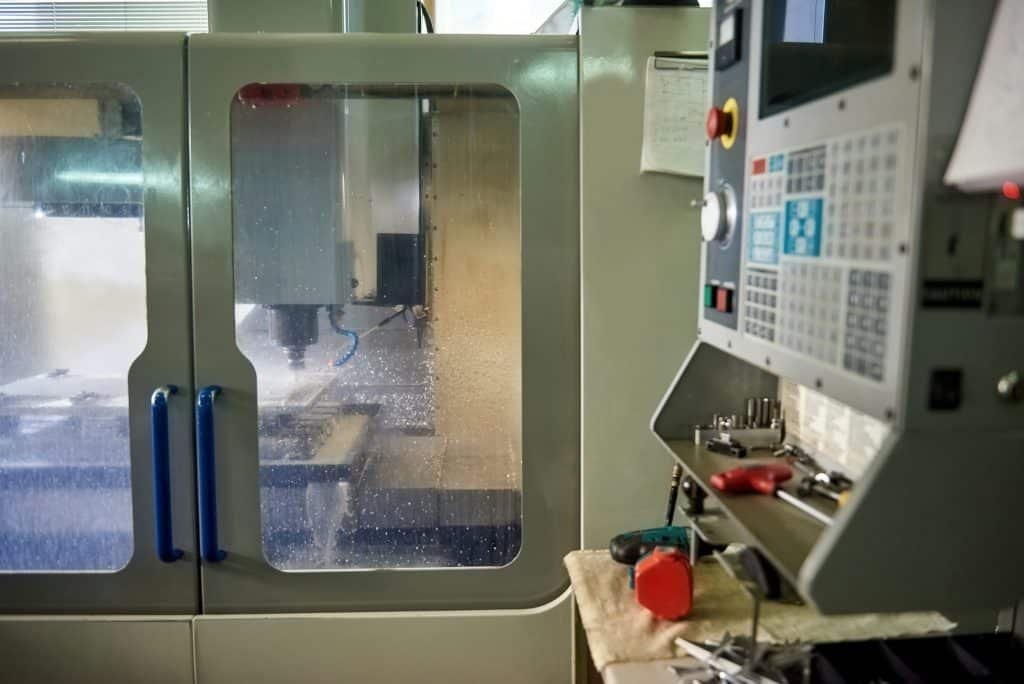Cost Considerations in Injection MoldingFrom the demand side, Mold design More in line with the psychological expectations of consumers, willing to pay for the things they like. https://bfymold.com
Injection molding is a popular manufacturing process known for its efficiency and ability to produce complex parts with high precision. However, the costs associated with injection molding can vary widely based on several factors. Understanding these cost considerations is crucial for manufacturers looking to optimize their production processes and budgets effectively. Here, we delve into the key cost factors in injection molding, including material costs, machine costs, and labor costs, providing insights to help you make informed decisions.
1. Material Costs
Material costs are a significant portion of the overall injection molding expenses. The type of material used can greatly influence the cost, and selecting the right material involves balancing performance requirements with budget constraints.
POM materials
POM materials
Type of Material: Thermoplastics, thermosets, and elastomers each have different cost structures. Common thermoplastics like polypropylene and ABS are generally less expensive, while high-performance materials such as PEEK or medical-grade polymers can be much more costly.
Material Properties: Materials with specific properties like high strength, chemical resistance, or biocompatibility often come at a premium. Evaluating the necessary material properties for your application is essential to avoid over-specifying and overspending.
Material Waste: Efficient material usage and recycling can help reduce costs. Implementing strategies to minimize scrap and reusing regrind can lead to significant savings.
2. Machine Costs
Machine costs encompass the expenses associated with purchasing, operating, and maintaining injection molding machines. These costs can vary based on the machine¨s size, capabilities, and technology.
Cnc machine in action
CNC machine in action
Machine Size and Tonnage: Larger machines with higher clamping force (tonnage) are typically more expensive to purchase and operate. Selecting a machine with the appropriate tonnage for your parts can optimize costs.
Cycle Time: Faster cycle times can increase production rates and reduce per-part costs. Investing in advanced machines with optimized cooling systems and efficient automation can enhance cycle time performance.
Energy Consumption: Energy-efficient machines can reduce operational costs over time. Look for machines with energy-saving features and consider the long-term savings on electricity bills.
Maintenance and Downtime: Regular maintenance is crucial to prevent costly breakdowns and ensure consistent production. Investing in reliable machines and a robust maintenance program can minimize downtime and associated costs.
3. Labor Costs
Labor costs are another critical factor in the total cost of injection molding. These costs include wages for operators, technicians, and other personnel involved in the molding process.